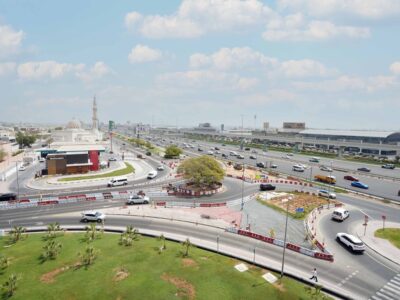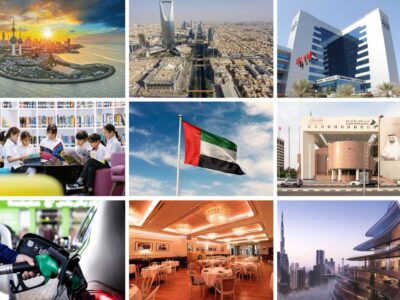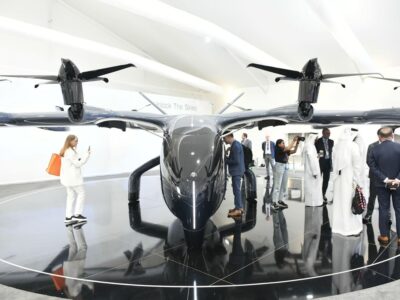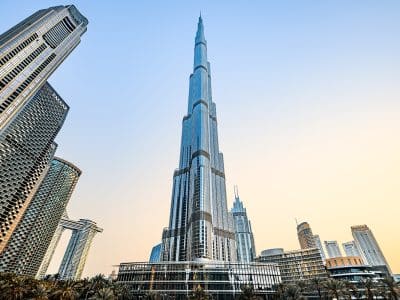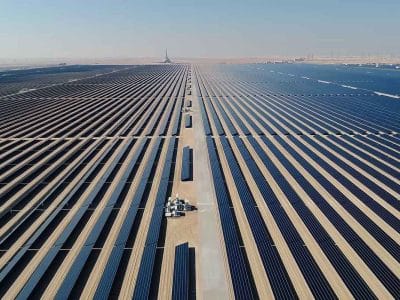Dubai Aerospace Enterprise (DAE) announced that it has signed agreements with multiple counterparties to acquire 17 aircraft for an aggregate consideration of approximately $1bn.
This portfolio is comprised of 100 per cent next-generation aircraft, of which 89 per cent are narrow body aircraft.
80 per cent of the aircraft are manufactured by Airbus and 20 per cent are manufactured by Boeing.
Dubai Aerospace Enterprise acquires Airbus and Boeing planes
These 17 aircraft are on lease to 11 airlines in 10 countries.
Upon completion, these aircraft are expected to reduce DAE’s weighted average passenger fleet age to 6.9 years and increase DAE’s weighted average passenger fleet lease term remaining to 6.6 years.
Additionally, on completion, DAE’s pro-forma fleet composition is expected to be 46 per cent Airbus aircraft, 49 per cent Boeing aircraft, and 5 per cent ATR 72-600.
Firoz Tarapore, CEO of DAE, said: “Consistent with our commitment to improve the next generation content of our fleet and reduce the fleet average age, we are delighted to add these modern, fuel-efficient, next-generation technology assets to our portfolio.
“This transaction also allows us to further deepen our relationship with our global base of airline customers, and we welcome three airline customers back to DAE.
“Amid ongoing orderbook delivery delays, we are continuing to source attractive assets in the secondary market to meet our growth and portfolio management targets.”
The A320 Family is the world’s most popular single aisle aircraft having won over 18,000 orders from more than 300 customers in all markets.
The A321neo is the largest member of Airbus’ A320neo Family, offering unparalleled range and performance. By incorporating new generation engines and Sharklets, the A321neo brings a 50 per cent noise reduction and at least 20 per cent fuel savings and CO2 reduction compared to previous generation single-aisle aircraft, while maximising passenger comfort in the widest single-aisle cabin in the sky.
The 737 MAX family delivers enhanced efficiency, improved environmental performance, and increased passenger comfort to the single-aisle market.
Incorporating advanced technology winglets and efficient engines, the 737 MAX family offers excellent economics, reducing fuel use and emissions by 20 per cent while producing a 50 per cent smaller noise footprint than the airplanes it replaces.
Additionally, the 737 MAX family offers up to 14 per cent lower airframe maintenance costs than the competition.
